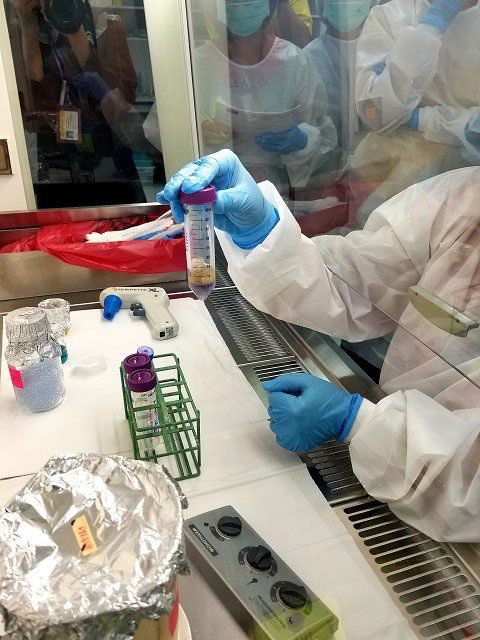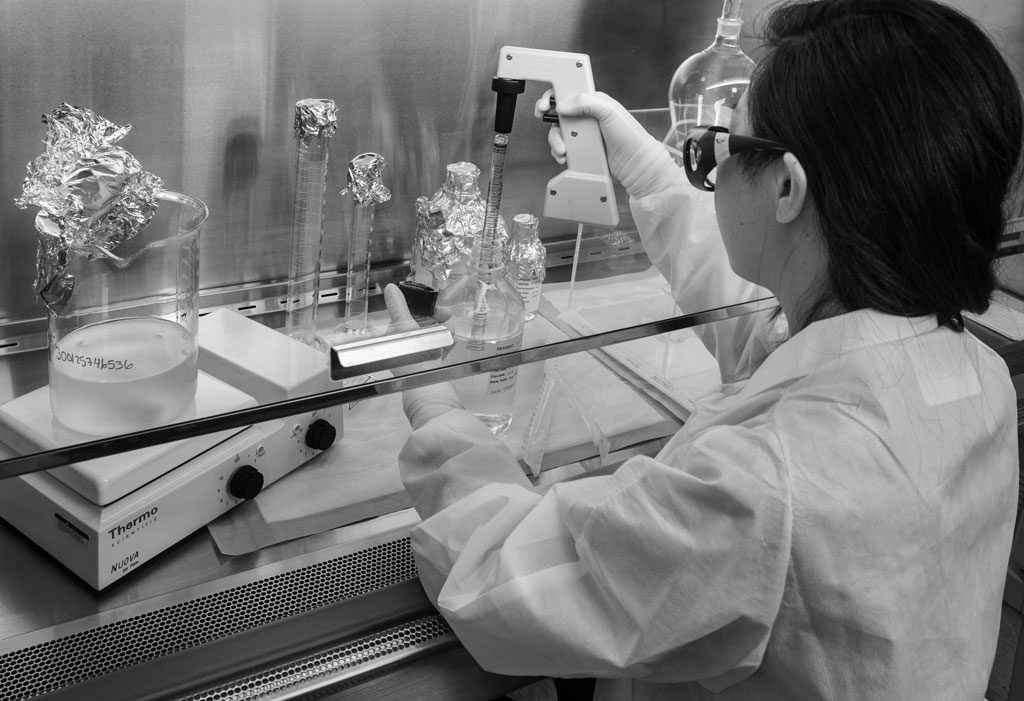UK Health Security Agency initiates epidemiological investigation to protect public, who are urged to ensure polio vaccines are up to date, especially parents of young children who may have missed an immunization opportunity.
The UK Heath Security Agency (UKHSA), working with the Medicines and Healthcare products Regulatory Agency (MHRA), has found poliovirus in sewage samples collected from the London Beckton Sewage Treatment Works.
As part of routine surveillance, it is normal for 1 to 3 ‘vaccine-like’ polioviruses to be detected each year in UK sewage samples but these have always been one-off findings that were not detected again. These previous detections occurred when an individual vaccinated overseas with the live oral polio vaccine (OPV) returned or travelled to the UK and briefly ‘shed’ traces of the vaccine-like poliovirus in their feces.
Investigations are underway after several closely-related viruses were found in sewage samples taken between February and May. The virus has continued to evolve and is now classified as a ‘vaccine-derived’ poliovirus type 2 (VDPV2), which on rare occasions can cause serious illness, such as paralysis, in people who are not fully vaccinated.
The detection of a VDPV2 suggests it is likely there has been some spread between closely-linked individuals in North and East London and that they are now shedding the type 2 poliovirus strain in their faeces. The virus has only been detected in sewage samples and no associated cases of paralysis have been reported – but investigations will aim to establish if any community transmission is occurring.

“Vaccine-derived poliovirus has the potential to spread, particularly in communities where vaccine uptake is lower…Most of the UK population will be protected from vaccination in childhood, but in some communities with low vaccine coverage, individuals may remain at risk,” noted Dr Vanessa Saliba, Consultant Epidemiologist at UKHSA. “We are urgently investigating to better understand the extent of this transmission and the NHS has been asked to swiftly report any suspected cases to the UKHSA, though no cases have been reported or confirmed so far.
The last case of wild polio contracted in the UK was confirmed in 1984. The UK was declared polio-free in 2003, with low-risk for polio transmission due to the high level of vaccine coverage across the population. However, vaccine coverage for childhood vaccines has decreased nationally and especially in parts of London over the past few years, so UKHSA is urging people to check they are up to date with their vaccines.
Wastewater surveillance is being expanded to assess the extent of transmission and identify local areas for targeted action.
“There are two types of polio, attenuated and inactivated,” explained Paul Hunter, Professor of Medicine at the University of East Anglia. “Attenuated vaccine still causes infection but doesn’t cause the paralysis except in very rare situations. Inactivated vaccine as used in the UK doesn’t cause infection. Given that the UK doesn’t use live polio vaccine this infection has probably been imported from a country where live vaccine is still being used. In populations with low vaccine uptake of it is possible that the live polio vaccine can spread from one person to another. If this is sustained, over time (one or two years) this vaccine derived virus can mutate to become fully virulent again and can start to cause paralysis in people who have not been vaccinated.”
“The positive results reported today have been detected is sewage/wastewater samples and not in humans. There have not been any paralytic cases so far. So at the moment there is unlikely to be any immediate risk to public health, but if such transmission continues then the risk is that the virus will eventually evolve into one that does cause paralysis. If that does happen then this could pose a serious risk to people who have not been vaccinated. This is the reason why the world is moving away from using live attenuated vaccines.
“Such vaccine derived transmission events are well described and most ultimately fizzle out without causing any harm but that depends on vaccination coverage being improved.”


